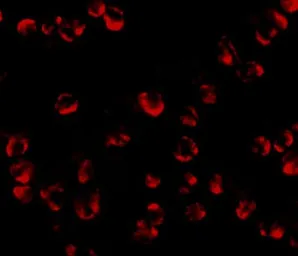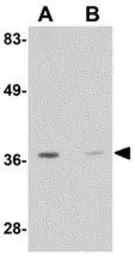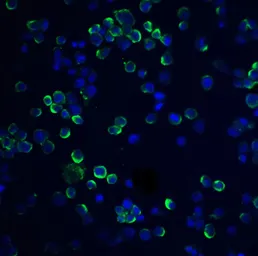RGS21 antibody
Cat. No. GTX85280
Cat. No. GTX85280
-
HostRabbit
-
ClonalityPolyclonal
-
IsotypeIgG
-
ApplicationsWB ICC/IF IHC-P ELISA
-
ReactivityHuman



